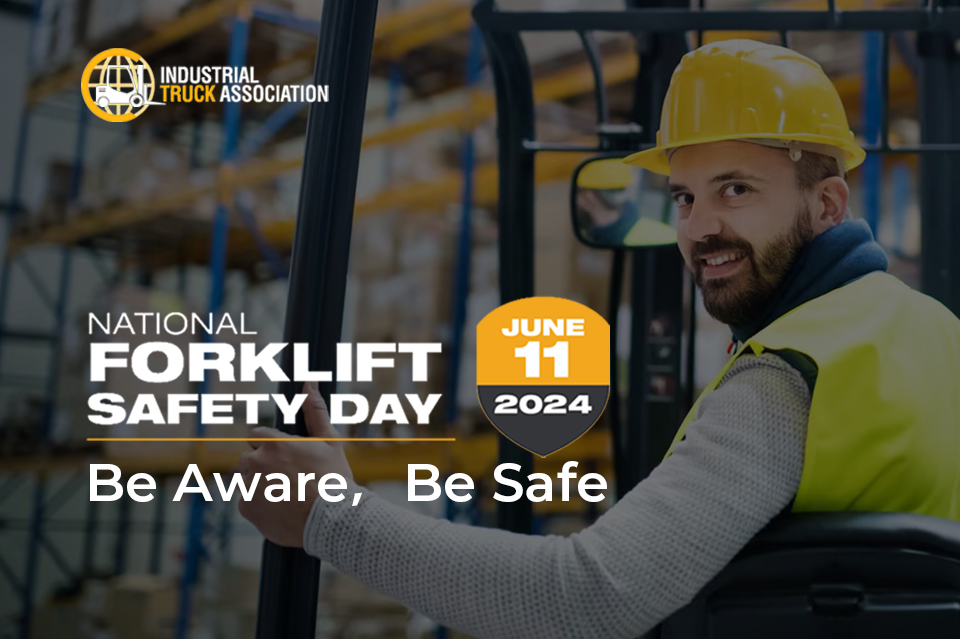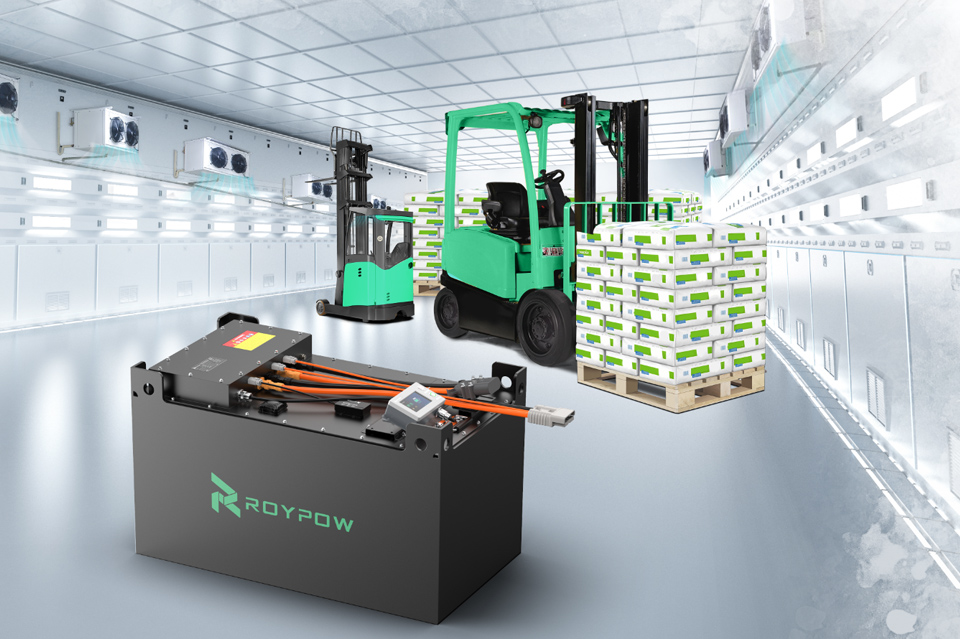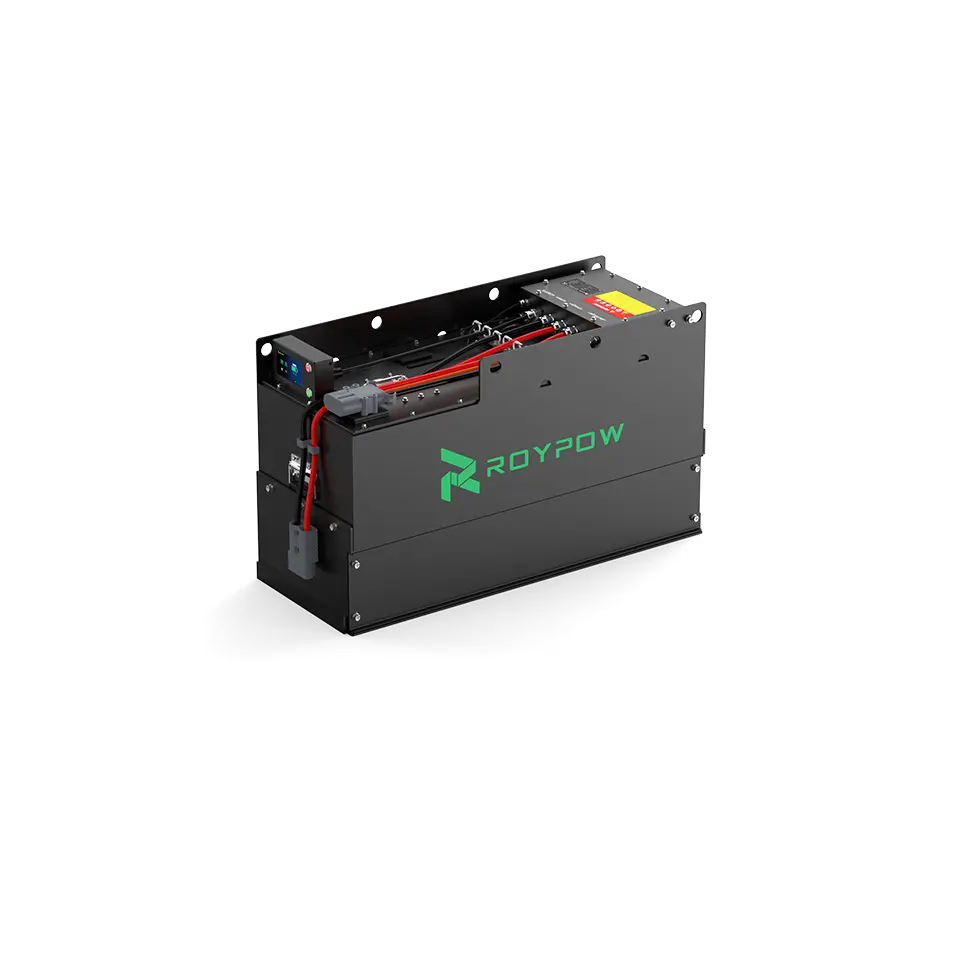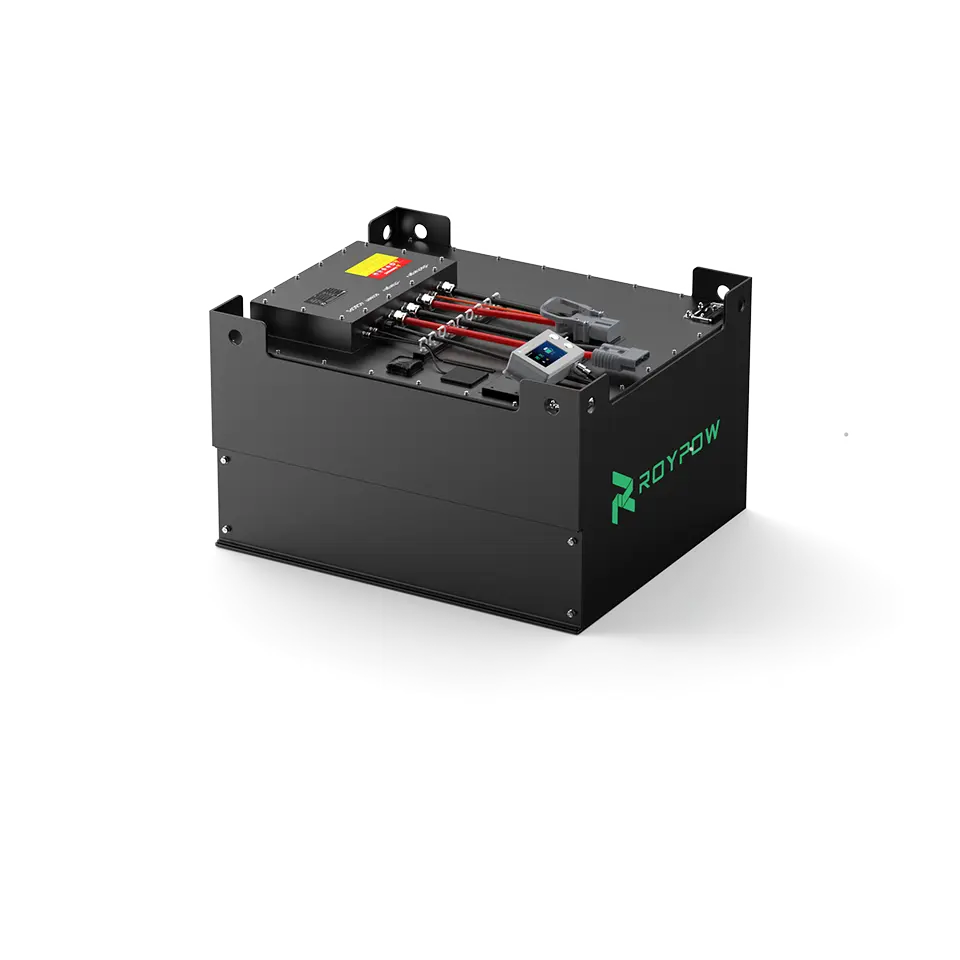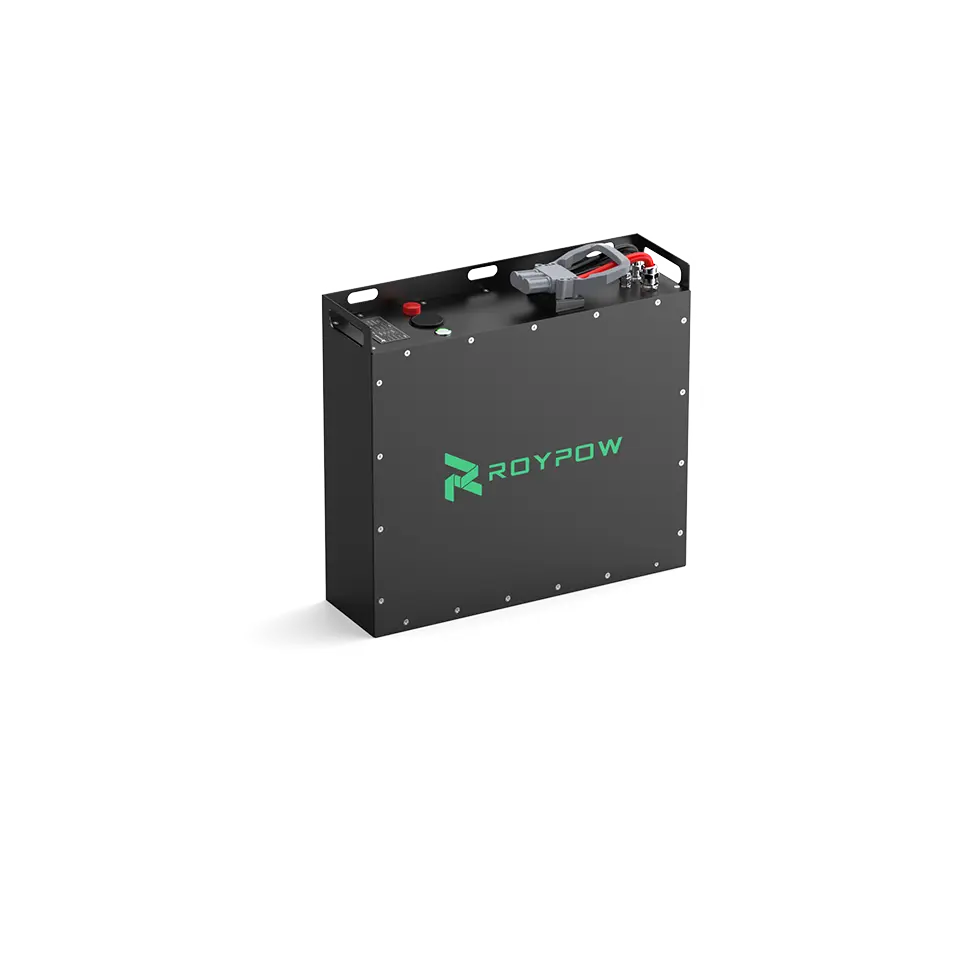Forklifts are essential workplace vehicles that offer immense utility and productivity boosts. However, they are also associated with significant safety risks, as many workplace transport-related accidents involve forklifts. This underscores the importance of adhering to forklift safety practices. National Forklift Safety Day, promoted by the Industrial Truck Association, is dedicated to ensuring the safety of those who manufacture, operate, and work around forklifts. June 11, 2024, marks the eleventh annual event. To support this event, ROYPOW will guide you through essential forklift battery safety tips and practices.
A Quick Guide to Forklift Battery Safety
In the world of material handling, modern forklift trucks have gradually shifted from internal combustion power solutions to battery power solutions. Therefore, forklift battery safety has become an integral part of overall forklift safety.
Which is Safer: Lithium or Lead Acid?
Electric-powered forklift trucks typically utilize two types of batteries: lithium forklift batteries and lead-acid forklift batteries. Each type has its own advantages. However, from a safety perspective, lithium forklift batteries have clear benefits. Lead-acid forklift batteries are made of lead and sulfuric acid, and if improperly handled, the fluid can spill. Additionally, they require specific vented charging stations as charging can produce harmful fumes. Lead-acid batteries also need to be swapped during shift changes, which can be hazardous due to their heavy weight and the risk of falling and causing operator injuries.
In contrast, lithium-powered forklift operators do not have to handle these hazardous materials. They can be charged directly in the forklift without swapping, which reduces related accidents. Moreover, all lithium-ion forklift batteries are equipped with a Battery Management System (BMS) that provides comprehensive protection and ensures overall safety.
How to Choose a Safe Lithium Forklift Battery?
Many lithium forklift battery manufacturers incorporate advanced technologies to enhance safety. For instance, as the industrial Li-ion battery leader and a member of the Industrial Truck Association, ROYPOW, with a commitment to quality and safety as the top priority, constantly strives to develop reliable, efficient, and safe lithium power solutions that not only meet but exceed safety standards to deliver optimal performance and reliability in any material handling application.
ROYPOW adopts LiFePO4 technology for its forklift batteries, which has been proven the safest type of lithium chemistry, offering superior thermal and chemical stability. This means they’re not prone to overheating; even if punctured, they won’t catch fire. The automotive-grade reliability withstands tough uses. The self-developed BMS offers real-time monitoring and intelligently prevents overcharging, over-discharge, short circuits, etc.
Moreover, the batteries feature a built-in fire extinguishing system while all materials used in the system are fireproof for thermal runaway prevention and added safety. To guarantee ultimate safety, ROYPOW forklift batteries are certified to meet rigorous standards such as UL 1642, UL 2580, UL 9540A, UN 38.3, and IEC 62619, while our chargers adhere to UL 1564, FCC, KC, and CE standards, incorporating multiple protective measures.
Different brands may offer varying safety features. Therefore, it’s essential to understand all the different aspects of safety in order to make an informed decision. By investing in reliable lithium forklift batteries, businesses can enhance workplace safety and productivity.
Safety Tips for Handling Lithium Forklift Batteries
Having a safe battery from a trusted supplier is a great place to start, but the safety practices of operating the forklift battery are also important. Some tips are as follows:
· Always follow the instructions and steps for installation, charging, and storage given by the battery manufacturers.
· Do not expose your forklift battery to extreme environmental conditions such as excessive heat and cold could affect its performance and lifespan.
· Always turn off the charger before disconnecting the battery to prevent arcing.
· Regularly check electrical cords and other parts for signs of fraying and damage.
· If there are any battery failures, maintenance and repairs need to be carried out by an authorized well-trained, and experienced professional.
A Quick Guide to Operation Safety Practices
In addition to the battery safety practices, there are more that forklift operators need to practice for the best forklift safety:
· Forklift operators should be in full PPE, including safety equipment, high-visibility jackets, safety shoes, and hard hats, as required by environmental factors and company policies.
· Inspect your forklift before each shift through the daily safety checklist.
· Never load a forklift exceeding its rated capacity.
· Slow down and sound the forklift’s horn at blind corners and when backing up.
· Never leave an operating forklift unattended or even leave keys unattended in a forklift.
· Follow the designated roadways outlined at your worksite when operating a forklift.
· Never exceed speed limits and stay alert and attentive to your surroundings when operating a forklift.
· To avoid hazards and/or injury, only those who have been trained and licensed should operate forklifts.
· Never allow anyone under the age of 18 to operate a forklift in non-agricultural settings.
According to the Occupational Safety and Health Administration (OSHA), over 70% of these forklift accidents were preventable. With effective training, the accident rate may be reduced by 25 to 30%. Follow the forklift safety policies, standards, and guidelines and participate in thorough training, and you can significantly enhance forklift safety.
Make Every Day Forklift Safety Day
Forklift safety is not a one-time task; it’s a continuous commitment. By fostering a culture of safety, staying updated on best practices, and prioritizing safety every day, businesses can achieve better equipment safety, operator and pedestrian safety, and a more productive and secure workplace.

